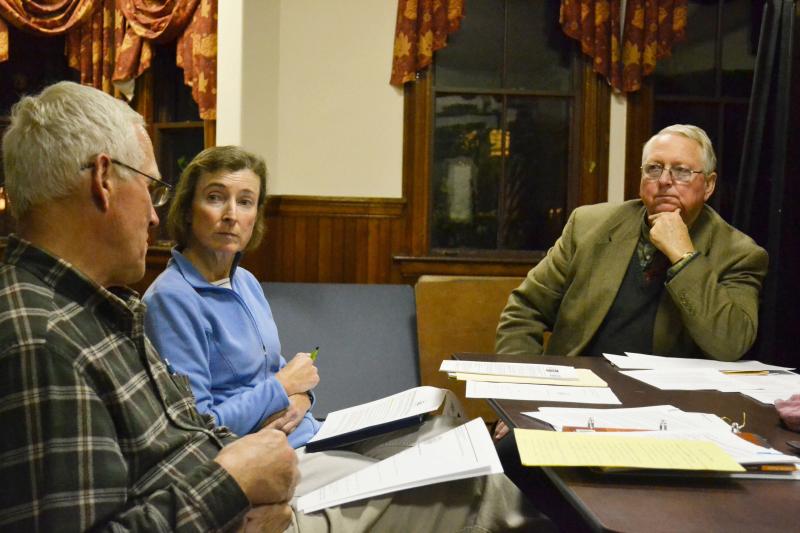Energy Management Committee looks into town-wide audits
With hopes of reducing the cost of power in Marion, the town’s Energy Management Committee believes 20 percent of the costs can be saved through an audit.
During the committee’s Nov. 28 meeting, members agreed that the time has come for Marion to look into conducting a town-wide energy audit. This, according to member William Saltonstall, would allow the town’s officials to assess how much energy is used by both commercial and residential buildings.
“With the survey done, we can see where it’s used and where it’s justified and where it isn’t,” Saltonstall said. “We can then use that to develop a 20 percent reduction plan over the next five years.”
The most likely contractor for the job, according to member Jennifer Francis, is NSTAR, which would charge for the audits. However, Francis said, that based on her initial research into the subject, the cost would not be very high.
“There is cost but there is also a big turnaround for that cost,” said committee member David Pearce.
According to Saltonstall, the costs of energy audits for Marion would be paid for by the savings the town would gain in a short amount of time.
Conducting audits is one requirement Marion needs to be designated a “green community” under the Green Communities Act, which authorizes the state $120 million in grants for energy-efficient towns.
The Energy committee is preparing a formal endorsement of the Act for the Planning Board in the near future.
The allotted amount of the funds is reducing, according to Pearce, who said that with nearly 70 towns in Massachusetts adopting environmental-friendly policies, the pot is getting smaller.
For now, the committee members agreed to research the matter, as well as comprising a financial breakdown of the potential costs.
Saltonstall added another cost-effective way to meet the criteria for the Green Communities Act would be the use of existing land in Marion for research and development, or manufacturing. The first criteria of the Act, requires that a town have a designated area for renewable energy generation.
Saltonstall argued, instead of purchasing a site, which can be expensive, the alternative may be to utilize land already owned by the town for energy-related projects, such as for storing solar panels. These projects, Francis added, do not have to be a means of attracting more businesses to Marion, but just a place that makes energy available.
“It seems to me that of any of these facilities, none would be particularly dangerous to Marion,” Saltonstall said. “It would be a worth-while gesture to try some solar where the federal incentives make the paybacks short. It may take care of some of the expenses taxpayers pay.”
The committee will continue to fine-tune their proposal that Marion endorse the policies of the Green Communities Act during their next meeting, set for Jan. 23.










